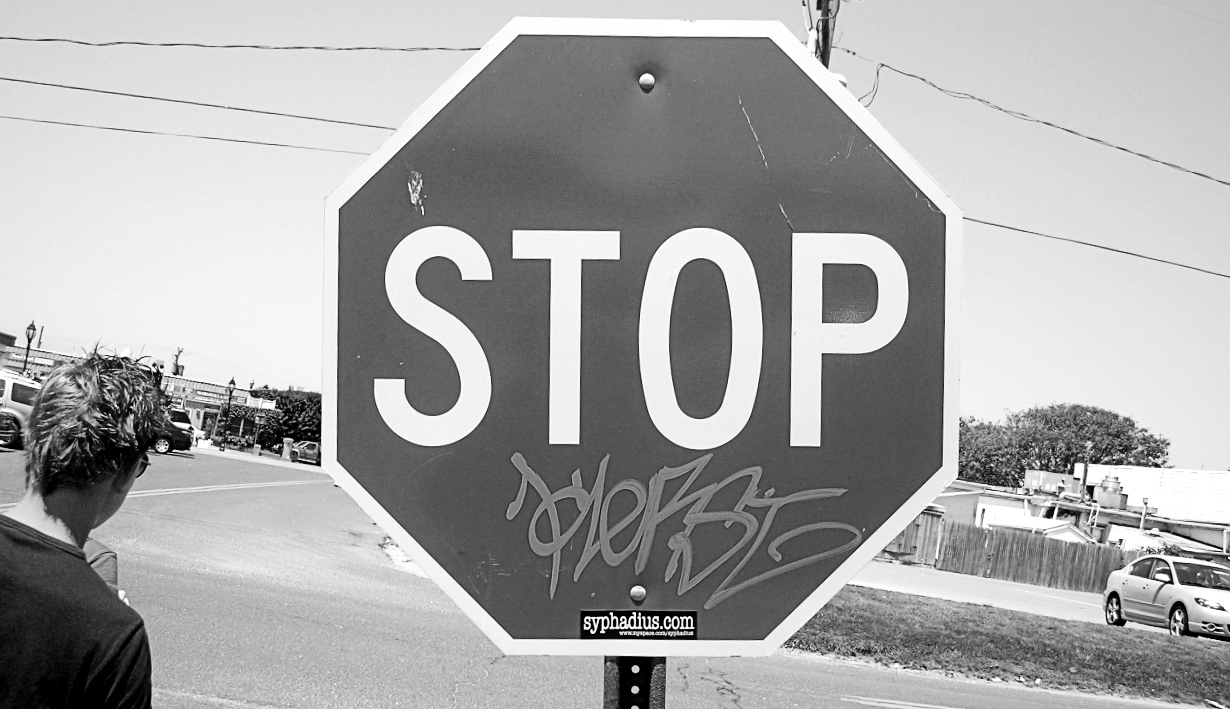The boycott is incredibly powerful as a means to dismantle and undermine anything unrighteous.
It has been a few years since I have spent a euro at the big blue Dutch supermarket, the most popular online retailer, the world’s largest furniture store and some other commercial enterprises. These multinationals adopted policies that made me feel too uneasy about leaving money there. Avoidance is a minor effort, a little daily habit. There are other principles that require more perseverance and conviction than not wandering through a crowded furniture maze. It happened at one of these mazes that a mother with baby twins was refused entry because of a two person limit, and that those exempt from wearing masks were forced to wear a yellow sticker. I have not missed the Swedish meatballs, firstly because I do not feel uneasy anymore, and secondly because the boycott is the strongest utilitarian force of change in the history of civil disobedience and peaceful revolutions.
We can thank the Irish for the word ‘boycott’, it was first used in Ireland as an addition to ‘ostracize’. ‘Boycott’ arose from an affair in 1880 around Captain Charles Boycott, who angered many Irish by eagerly collecting exorbitant rents for English landlords and evicting those who were too poor to pay. The situation did not last long. Mr. Boycott was boycotted until he felt the need to adopt a different name and move to the United States.
The boycott is, of course, as old as humanity itself. It stems from a value system that forms, under natural conditions, the foundation of integrity. Integrity, in turn, is the unity in feeling, saying and doing. As long as feelings and words are in harmony with reality, actions can effectively accompany it: putting your money where your mouth is. An example of principled living are the relatively unknown Essene people who lived 2,000 years ago, who stayed true to values in the most hostile environment. Shortly before the Romans destroyed their village in 68 A.D. they hid the Dead Sea Scrolls in special jars in caves, about one thousand manuscripts, solely intended for the greater good of future generations. During the winter of 1946-47 a shepherd following a wandering goat found them. Since then, many of the discovered Scrolls have been stolen and remain so today.1
The very practical Essene ideas share similarities with utilitarianism in ethics and philosophy. The boycott can be seen as a utilitarian tool. Nowadays, particularly in The Netherlands, utilitarianism is often falsely defined as ‘using things or people for selfish functional reasons’, but its true meaning is the exact opposite. Utilitarian ideas revolve around trying to achieve ‘the greatest happiness for the greatest number of people’, and, subsequently, every single action, big or small, follows a vision of what would happen if everybody in the entire world did exactly the same.
The strange contradiction of our time is that natural integrity is continuously sabotaged by the growing amount of unreasonably influential external sources –governments, big business, NGO’s, imposed culture and entertainment– trying to persuade people to behave in certain ways and to promote a disconnect from value systems. Any group gaining wealth or influence by making people feel, talk and act a certain way deserves a healthy dose of scepticism, perhaps even a boycott. That is because the true meaning of what constitutes the greater good and what behavior leads to it can only be found inside the human heart.
- Much nonsense exists on the topic of the Essenes. A recommendation:
Larson, Martin Alfred (1897-1994). The Essene Heritage, or The Teacher of the Scrolls and the Gospel Christ (1967). This book was reviewed with much admiration by Yale scholar Millar Burrows (1889-1980), a leading authority on the Dead Sea Scrolls. ↩︎
